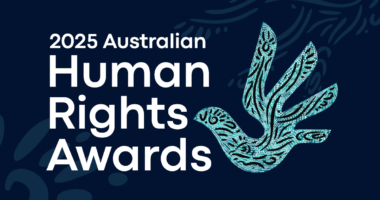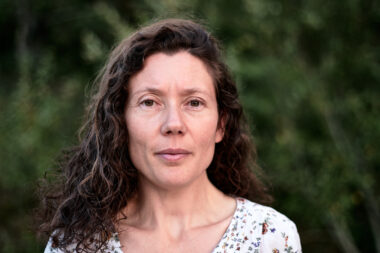Culturally and linguistically diverse (CALD) women and children impacted by family, domestic and sexual violence (FDSV) will have better support with a new transformative project, led by non-profit SSI, in partnership with Federation of Ethnic Communities’ Council of Australia (FECCA).
The Train, Engage, Connect and Support (TECS) Project, funded by the Department of Social Services, recognises that while FDSV is not unique to CALD communities, women and children face unique challenges requiring a community-based solution.
This project will work closely with leaders in CALD communities to empower them to identify, discuss, prevent, and respond to the forms of abuse in domestic and family situations affecting CALD women and children.
SSI CEO Violet Roumeliotis said while FDSV is not a problem unique to CALD communities, the experiences of migrant and refugee women and children are overlaid and exacerbated by nuanced challenges, including social, cultural and institutional factors.
“CALD community and faith leaders, as trusted confidants, hold a uniquely crucial role in raising awareness and preventing FDSV. They need to be equipped and armed with the knowledge, skills, and resources to address this issue.
“We’re looking forward to leveraging existing sector expertise and collaborating closely with multicultural and mainstream FDSV service providers, peak bodies, ethno-specific and mainstream community organisations nationally to achieve TECS project goals and address this important issue.”
FECCA CEO Mary Ann Geronimo said, "The TECS project is a critical initiative that will put in place solutions to addressing family, domestic, and sexual violence that are truly informed and supported by communities. Partnering with SSI, a respected expert on this issue, FECCA looks forward to mobilising deep community connections across the country to empower them to support those who are most vulnerable.”
Dr. Natik Kade, a leader in the Iraqi community and President of Iraqi University Graduated Forum in Australia, said: "The TECS project is a powerful step towards supporting marginalised individuals and an essential initiative that will assist many communities to become more aware of family, domestic, and sexual violence. As this Project empowers individuals, faith and community leaders of CALD backgrounds to support and advocate for their communities, it will put struggling women and children at ease. I welcome this innovative project that will provide leaders the tools and resources to support CALD women and children and other vulnerable groups, creating a safer environment where every person, regardless of background, is supported and protected." -
The TECS project will encompass 23 state and regional peak organisations and extend its reach to over 1,500 ethnic and faith-based community organisations and their leaders. This coalition will serve as a solid foundation for listening, collaborating, and co-designing resources that address the needs of CALD communities.
SSI and FECCA have begun leveraging their strong relationships with multicultural communities and faith leaders, and drawing on lived experience expertise to co-design, develop, and deliver an evidence-based, culturally appropriate national training package and resources on FDSV for CALD communities and faith leaders.
The consultation workshops will be held between October 2024 and February 2025, across all states and territories with faith and community leaders, victim survivors and sector stakeholders. If you would like to learn more and get involved, please contact [email protected]
To access information, program updates, and opportunities to engage, visit here. The training package and resources will be available from July 2025.
About us:
About SSI:
Settlement Services International (SSI) delivers a range of human services that connect individuals, families, and children from diverse backgrounds with opportunities - including settlement support, disability programs, community engagement initiatives and training and employment pathways. At the heart of everything we do is a drive for equality, empathy, and celebration of every individual.
About FECCA:
The Federation of Ethnic Communities’ Councils of Australia (FECCA) is the national peak body representing people from culturally and linguistically diverse backgrounds. FECCA’s membership consists of multicultural peak bodies from across all states and territories and many regional centres across Australia, which together, represent over 1500 community organisations and thousands of individual members.
Contact details:
Jordan Wise, Communications Officer
M: 0431 601 120 E: jwise@ssi.org.au



